Enter a surname, town name or other keyword to search the database. Remember to
allow for the different spellings of 'Mc' and 'Mac.' Good luck!
{Search tips: Use single word search terms for more results}
You must enter some valid character(s) into the search field
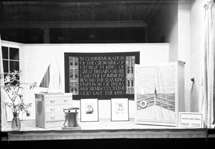
Reference: 31295c
Mr MacAvoy's show window f...
|
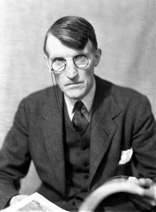
Reference: 29684b
Sir Alexander Malcolm MacEwen,...
|
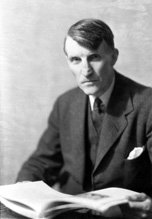
Reference: 29684a
Sir Alexander Malcolm MacEwen,...
|
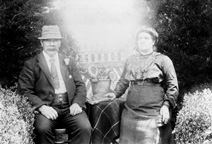
Reference: 877
Copy for Mrs Robertson, Old ...
|
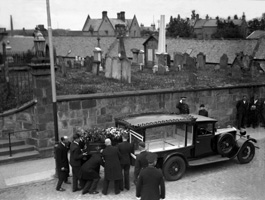
Reference: H-0218
Funeral leaving St. Laurence P...
|
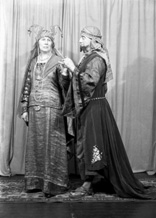
Reference: 29108f
Matheson Lang was born in Mont...
|
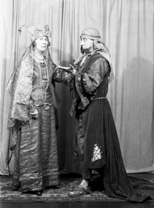
Reference: 29108e
Matheson Lang was born in Mont...
|
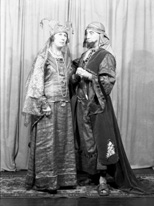
Reference: 29108d
Matheson Lang was born in Mont...
|
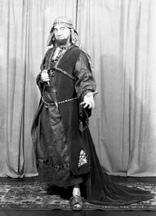
Reference: 29108c
Matheson Lang was born in Mont...
|
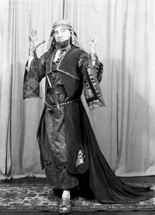
Reference: 29108b
Matheson Lang was born in Mont...
|
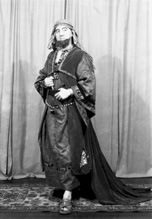
Reference: 29108a
Matheson Lang was born in Mont...
|
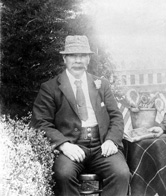
Reference: 838
Copy for Mrs Robertson, Old Ed...
|